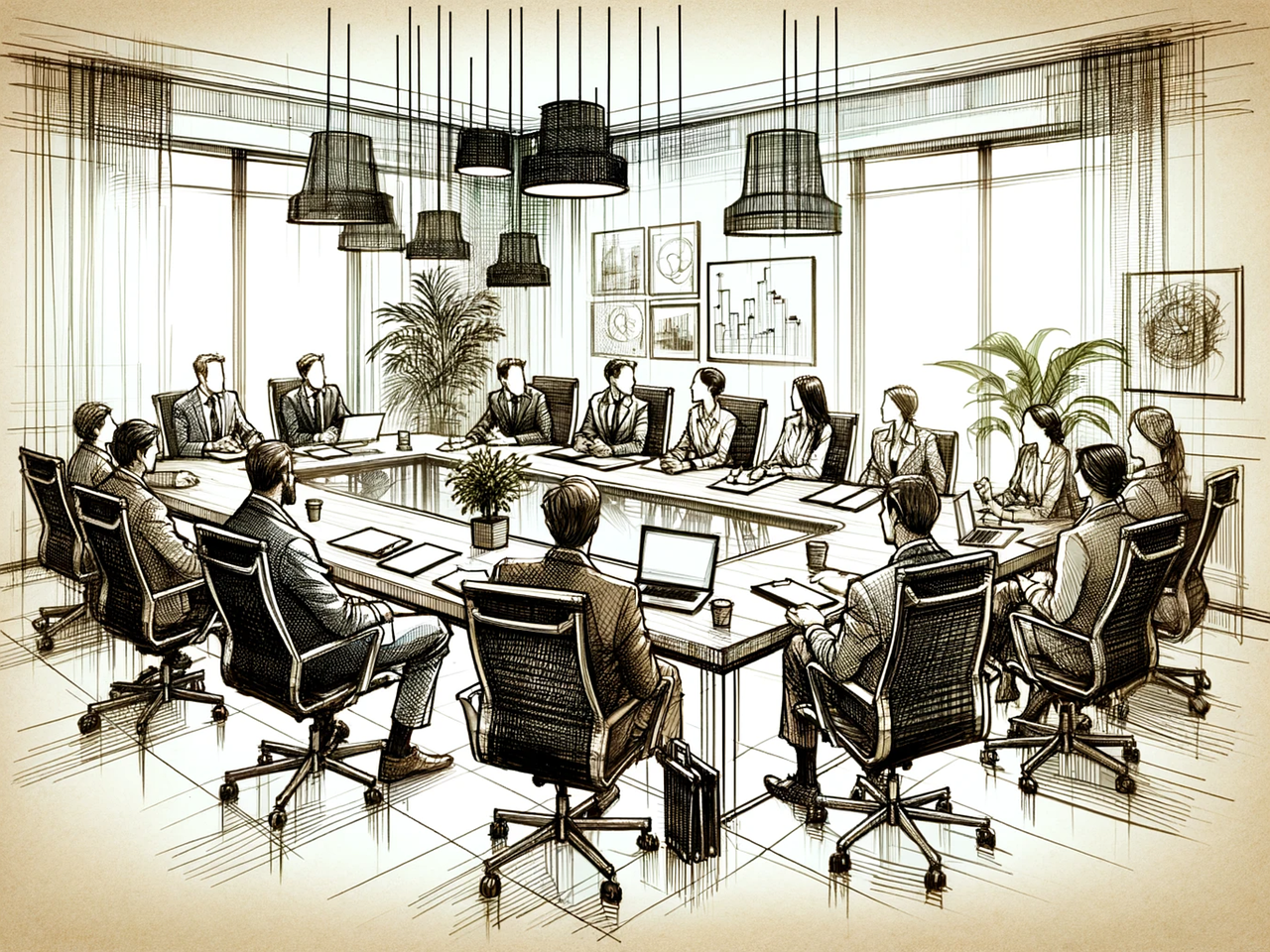There is neither an ideal or unique way to form a successful consortium, nor a strategy to look for partners. In my case, I follow a couple of steps, such as:
- analysing the call, being aware of our institutional capacities (including project references) and our limitations as a potential coordinator.
- it is very useful to go through the Work Programme, since it is an additional guide to understand the priorities of the support provided by the EU, this step might help you formulate your project concept in a clearer way.
Before you start the search, it is essential to have a clear overall objective. A project concept with key information is a crucial instrument to raise the interest of the organization you will contact, and it will help you to build your team.
There are some key elements I usually include in a project concept:
- information about the specific challenge and link to the call,
- short information about the specific problem you would like to solve (background information),
- overall and specific objectives.
Similarly, geographical scope, methodology (basis for a work plan), table of potential partners, dates (when the call was opened, submission deadline, approximate project duration, date to be informed, start of the project) and approximate project budget are part of the elements of a project concept.
Consider working with different organizations such as NGOs, public entities, academia, private companies, local authorities, among others, and evaluate the competences and expertise you will need to successfully implement your project.
As a first step in the quest, it is important to start with your own network, so, if you have a list of people you have worked before in any form, check it! If you are new at your workplace, do not be afraid to contact ex-colleagues or institutions where you have established fruitful collaborations in the past. You can also ask your colleagues who worked in previous projects or proposals to refer you to a relevant institution.
Try to also use available tools, such as CORDIS project list, where you can check who is part of winning projects, with relevant expertise in the field. Checking CORDIS is a step I do not skip. during the Europa Media proposal writing courses, we show you other partners research facilities to expand the results of your search.
Another element that might help you is attending EU events, where you can meet representatives of relevant institutions and discuss in person the call of your interest, when you attend project partner meetings you can explore synergies with existing partners. This might save you time as you already know them and have already established a working relationship with them.
If you are contacting an organization for the first time, it is important to give the right amount of information to raise their interest. I usually add an introduction of the organization (areas of work and include project references), link to the call, and one sentence about the overall objective. Be careful not to include all the information in your project concept!
In the ideal case, the organization will signal their availability to commit to your consortium. Afterwards, it is a good time to kindly request them to sign a non-disclosure agreement (NDA), so you can share with the them the project concept, for example. Usually, an NDA is not legally binding, but it is a measure to signal to the partners that they should treat the information with a certain degree of confidentiality. A project idea, no matter how long the text is (a paragraph or a pager), is a result of an important creative exercise and it is wise to protect the information.
It could be the case that the consortium will change in the last weeks before submission, but this is not out of the ordinary, so be prepared and be flexible. Keep in mind that if you are part of a winning consortium, you will be working with the same people for three to four years, so it is important to select your partners well.
After you have formed your initial partnership, it is recommended to share with them a timetable with internal deadlines for submitting inputs, group discussions (usually teleconferences). Among many issues, in the teleconferences, you will need to discuss who will be responsible for the work packages, the tasks, crucial sections to be developed for the proposal and administrative information to be provided, as well as EU funding rules and the project budget. Invest time and offer bilateral calls, provide partners with proper templates to avoid confusion and unnecessary correspondence/ telephone calls. Give them enough time to plan, reply and come up with valuable contributions. Always be inclusive, even though it might mean to substantially change some sections in the proposal.
You can always count on Europa Media’s Knowledge Base to help you with the proposal preparation and further project management. Among other guiding materials available there, I can personally recommend you the Coordinator’s guide to H2020 projects and Is it worth to get involved in H2020? for newcomers.
Best of luck in forming a consortium and thank you for reading this blog!




